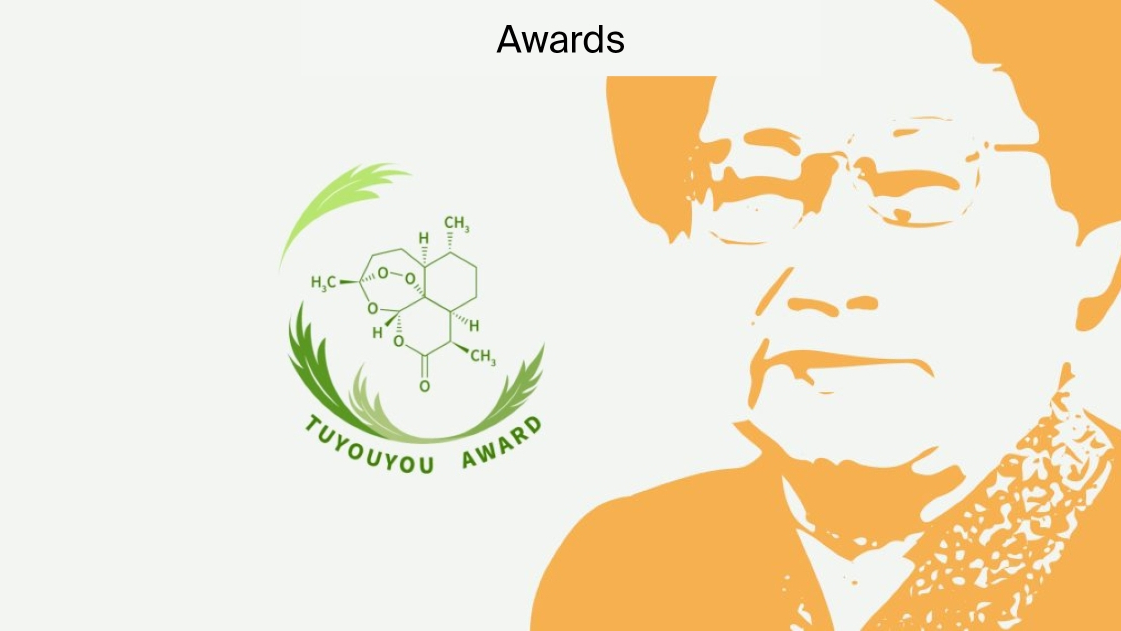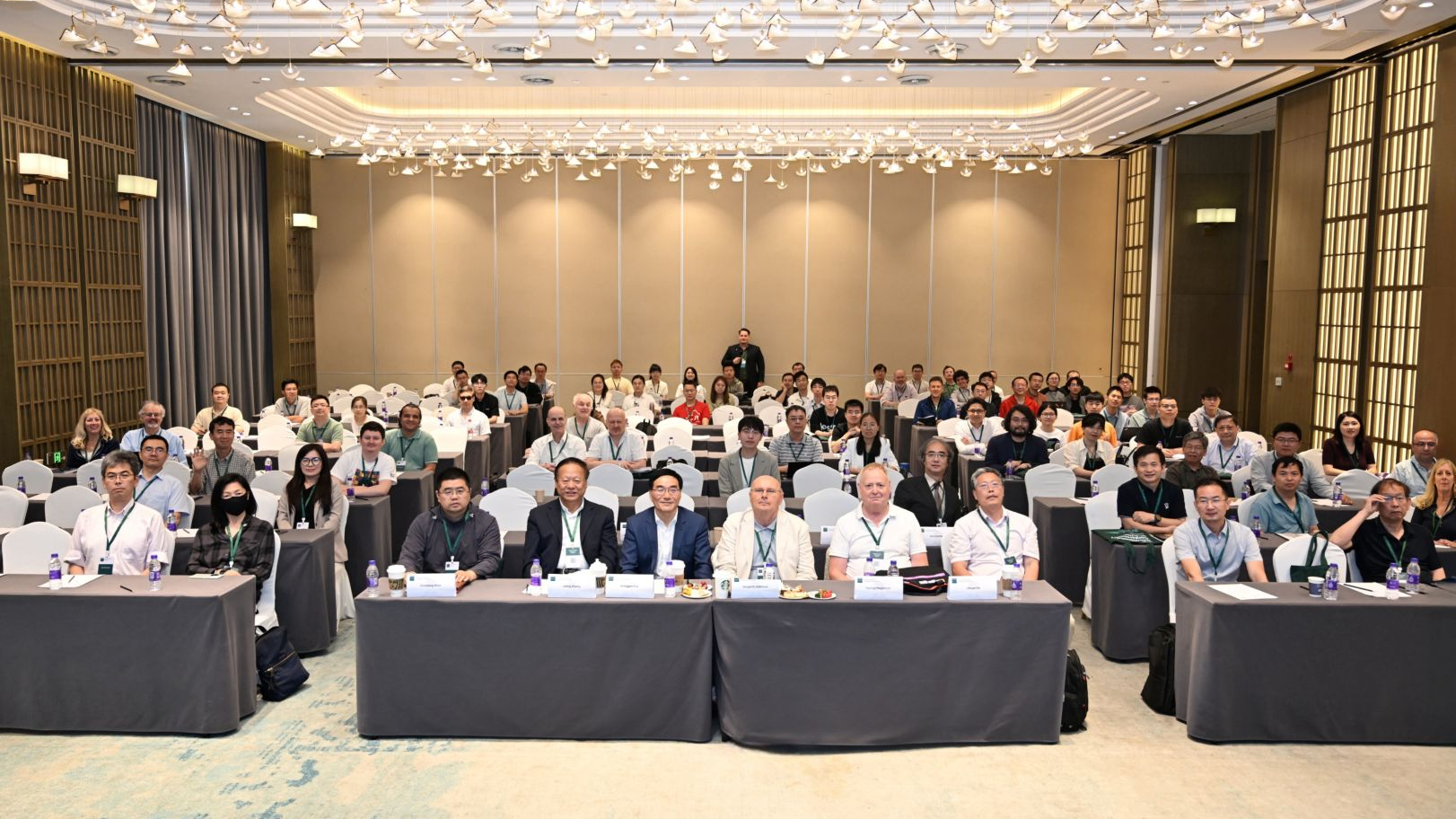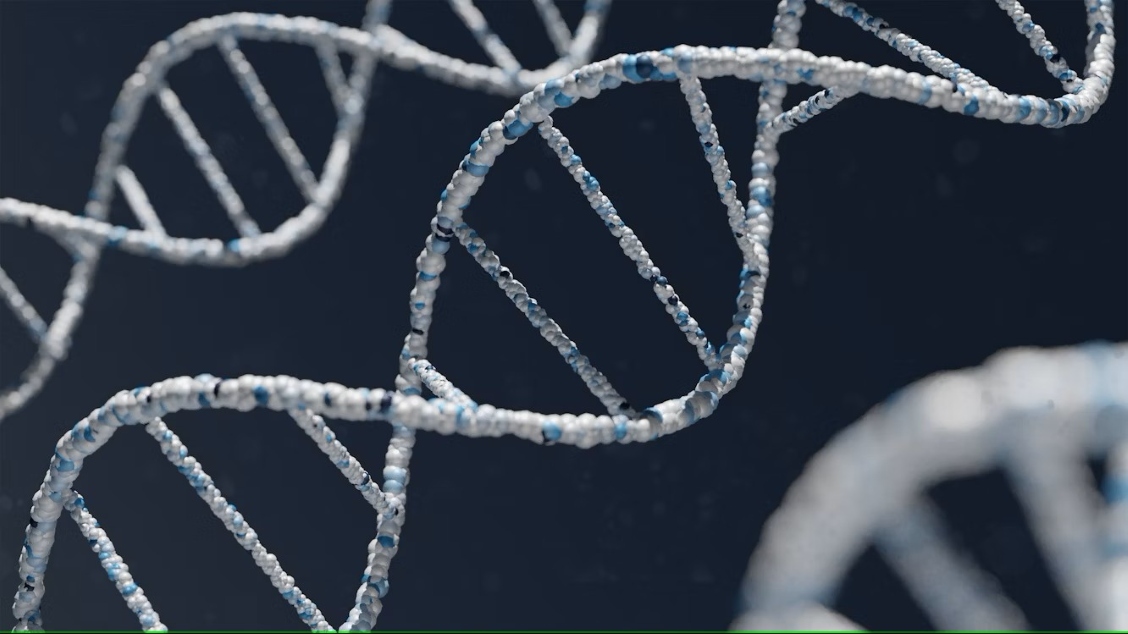
Ethics in Open Access Scientific Publishing
As Open Access continues to become a dominant mode of scholarly publishing, it’s important to reflect on what it is that makes the system work effectively and fairly. A major component is ethics. Ethics helps collectively determine the actions and values of members in the community. Here, we’ll go into the diverse roles and responsibilities of maintaining ethics in Open Access publishing.
What are ethics?
Ethics is a system of accepted beliefs that control behaviour, often based on what is morally right or wrong.
Having a system of ethics is very important during periods of change. Strong values help bind the community together and brace them for the shocks of the new, whilst the changes encourage adopting updated values and beliefs.
Open Access is spreading and growing around the world. As it becomes the primary mode of scientific communication, it also faces new challenges stemming from broader changes in technology and society. Hence, focusing on ethics within Open Access publishing now is more important than ever, as we enter a period of rapid change and innovation.
Challenges in the scientific publishing community
As Open Access quickly becomes the preferred publishing choice among researchers and scholarly communications reorientates, new challenges are emerging at the same time.
Artificial intelligence is the most immediate and pressing issue. Detecting AI-generated content is difficult, as AI tools are constantly updating and becoming increasingly sophisticated.
Other issues include threats to integrity and trust in science, with the rise in misinformation, and financial issues that are rippling across academia. All these issues and more intersect in ways that put immense pressure on parties across the publishing industry, including researchers, editors, and reviewers.
Accordingly, the scale and danger of these challenges require preserving the things that have kept scholarly publishing evolving since antiquity. And they present an opportunity to improve and adapt, so the academic community can come out more refined and secure.
Ethical responsibilities in scientific publishing
Key to the idea of ethics in Open Access is the community. Each individual and institution plays a role in maintaining the system through values that have formed since antiquity.
The Committee on Publication Ethics (COPE) is one of the most recognized publication ethics organizations. COPE developed The Core Practices and Guidelines to help advise publishers on how to set their individual policies and guidelines. More importantly, COPE provides workflows to resolve ethical cases that may arise when misconduct is detected.
Many publishers, including MDPI, adhere to COPE’s guidelines in their editorial processes and include their own practices and policies on how to best implement ethical scholarly publishing.
Below, we explore how the different parties in the publishing process can fulfil their ethical responsibilities.
Authors and researchers
Authors and researchers are the main producers in scholarly communications. They present their findings, and as such they have a lot of responsibility in making sure that the research is sound and conveyed accurately and clearly.
Their responsibilities are diverse, including but not limited to:
- Not fabricating or manipulating data.
- Avoiding plagiarism and properly acknowledging other works.
- Declaring conflicts of interest.
- Getting approval for necessary areas, like testing on humans or animals.
Furthermore, there are concerns regarding the growing number of authors being listed in published articles and the use of generative AI in writing. To be listed as an author, certain criteria must be met to ensure that disputes or other post-publication conflicts do not arise and AI use must be outlined in the Acknowledgements section. Click here to learn more.
The essential elements revolve around respecting others’ work and communicating findings accurately and honestly.
Reviewers
The role of the reviewer is vital as they bear the responsibility of ensuring that published articles are reliable and trustworthy.
As part of the peer review process, a minimum of two independent experts will be invited to provide a detailed review report of the manuscript and a recommendation to the academic editor.
Their ethical responsibilities include confidentiality, ensuring there are no conflicts of interest, identifying ethical violations, and timelines.
If you want to learn more, visit our article Ethical Responsibilities of Peer Reviewers.
Editorial Board Members
Editorial Board members work closely with the publisher to actively prevent and address issues of plagiarism, data fabrication, and unethical research practices.
When accepting an invitation to handle an assigned manuscript, the academic editor agrees that:
- They have carefully considered any potential conflicts of interest.
- They have the expertise required to assess the scientific quality of the manuscript.
- They maintain the anonymity of the peer review process.
- They will assess each manuscript submission objectively and with rigor.
- They will encourage and support responsible citation practices.
- They partake in the fair and transparent investigation of any allegations of misconduct.
Editorial board members need to stay vigilant to potential ethical issues and carefully check concerns from both the reviewers and editorial office. They also need to ensure the reviewers are qualified and provide meaningful comments that have been comprehensively addressed by the authors before making an editorial decision.
Click here to learn more about the role of Editorial Board Members.
Publishers
Publishers importantly present and release research to the public. Often, they set the terms for authors and the editorial process, and as such have a major role in ensuring ethical standards are upheld.
Publishers must have clear ethical policies and standards, uphold a rigorous peer review process, and publish high-quality science.
The Think. Check. Submit campaign provides a checklist for determining whether a publisher is suitable. They first encourage you to ask whether you are submitting to a trusted journal. Then, they suggest you check by answering these questions in your research on the journal:
- Do you or your colleagues know the journal?
- Can you easily identify and contact the publisher?
- Is the journal clear about the type of peer review it uses?
- Are articles indexed and/or archived in dedicated services?
- Is it clear what fees will be charged?
- Are guidelines provided for authors on the publisher website?
- Is the publisher a member of a recognised industry initiative (like COPE)?
Publishers must have clear ethical policies and standards, uphold a rigorous peer review process, and publish high-quality science.
How does MDPI maintain publication ethics
At MDPI, the editorial office performs detailed manual and automatic checks with the help of tools, prior to the peer review process to assess compliance with ethical standards. These include but are not limited to:
- Ethics approval and permissions for research involving human subjects, animals, or cell lines.
- Plagiarism, which refers to duplicate publication detection.
- Necessary permission from the copyright holder to include already-published figures or images.
- Clinical trials registration, and reference to the registration in the Methods Section.
- Completion of all backmatter, including the data availability statement, author contribution statement, informed consent documents, funding, and conflicts of interest.
- Detection of conflicts of interest between authors, academic editors, and reviewers.
Submissions are assigned to individual MDPI staff members of the journal. They will carefully screen the manuscript for compliance with publication ethics policies, communicate with the authors if further documents are needed, and report any unresolved issues to the academic editor.
The combination of detailed manual checks by professionally trained staff members with in-house developed tools that automatically detect inconsistencies strengthen MDPI’s editorial process.
If you want to learn more about publication ethics, visit our article Understanding Publication Ethics.
What makes ethics in Open Access publishing unique?
Open Access publishing is an evolution of scholarly publishing, as it builds upon the model of journals publishing scholarly articles and books by making them freely available to anyone anywhere.
Following the development of the Internet, values began to shift towards more equality in access. People felt high subscription fees and exclusivity in scholarly publishing were no longer fair or practical. Open Access emerged to remove access barriers and increase visibility.
Increased visibility is seen in the number of citations, academic influence, social media representation, faster publication times, and more.
Furthermore, the commonly used CC BY licenses determine the rights of both authors and users when accessing material by clearly defining the terms of access and reuse. This removes the chance of conflicts over reuse whilst also ensuring that research is more freely available than is possible through traditional copyright.
When looking for Open Access journals, the Directory of Open Access Journals (DOAJ) is a useful resource. Inclusion involves vetting journals to ensure the highest ethical standards are being followed. As of July 2025, over 400 MDPI journals are indexed in DOAJ.
Ensuring Open Access remains ethical
Ethics provide a way to determine the values and correct practice of scholarly communications. They are rooted in tradition, evolving as technology and values change through time. Currently, AI and other challenges are putting pressure on the industry to maintain its integrity and trust, especially as misinformation increases.
Whilst Open Access solidifies itself as the present and future of scholarly publishing, all parties across academia must behave ethically and collaboratively to ensure these standards and values are retained.
If you want to learn more about ethics in Open Access publishing, see MDPI’s Research and Publication Ethics statement for more.
Finally, we’re dedicated to giving you all the information you need to understand Open Access. Click here for our article, All You Need to Know About Open Access. The article covers a range of topics that can help boost your understanding and also keep you up to date.










